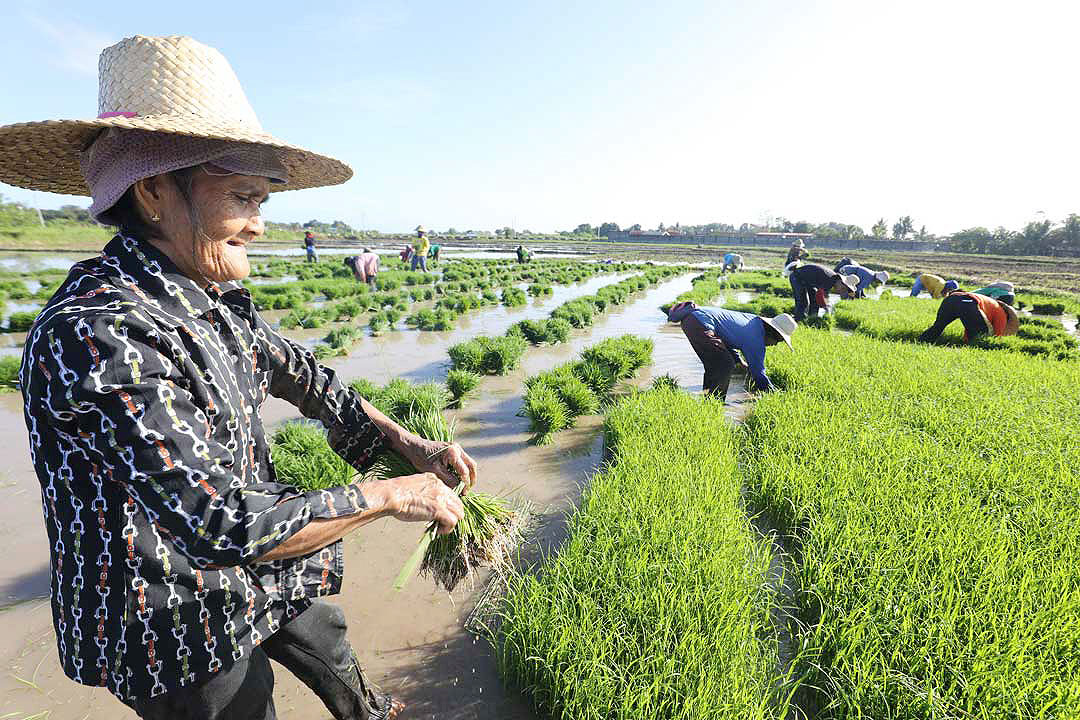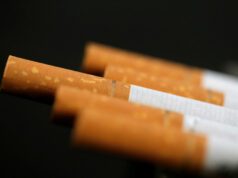Government pressed on agri subsidies, stockpiling

By Luisa Maria Jacinta C. Jocson
THE government needs to provide subsidies to help agricultural producers survive rising costs resulting from the Russia invasion of Ukraine, while stockpiling food in anticipation of possible supply disruptions, farmer and fisherfolk organizations said.
“Stockpiling food means supporting, incentivizing and promoting local production. Subsidizing local agriculture is our only way to weather this crisis,” Samahang Industriya ng Agrikultura Executive Director Jayson H. Cainglet said in a Viber message.
“We are the only country with an importing mindset amidst a crisis that is disrupting global food supply and logistics. Countries may reduce or suspend their exports as a way of (addressing) their food needs,” he added.
Mr. Cainglet said that rising fuel costs because of the Ukraine crisis are already affecting the agriculture sector because production costs have spiked.
“Oil is not only used in transporting agricultural goods, but is an essential input for the industry, (for production of) fertilizer and feed additives… and is lifeblood of farm machinery… water pumps for irrigation, aquaculture and fish farming,” he added.
An association of small fishermen, the Pambansang Lakas ng Kilusang Mamamalakaya ng Pilipinas (PAMALAKAYA), said rising fuel prices are forcing fisherfolk to seek other sources of livelihood.
“There are significant numbers of small fisherfolk abandoning their boats and leaving their fishing grounds in search for other jobs that won’t cost them a lot of fuel money,” PAMALAKAYA said in a statement.
“This trend of labor out-migration in the fishing sector is a cause of concern as it might have a domino effect on fisheries production, market prices, and ultimately domestic food security,” the group added.
Russia and Ukraine account for about 25% of the global wheat trade and about 20% of the corn trade.
“Ukraine is a major agricultural exporter. Of particular interest to us is their wheat and corn. Corn is the most important input for the livestock industry,” Mr. Cainglet said.
He said the price of corn, used widely in livestock and aquaculture feed, has increased to about P22 per kilogram from P14 previously.
Fertilizer prices have also increased to about P2,250 per bag from P850 per bag before the crisis.
Wheat is a primary ingredient in bread and other foods, as well as animal feed, according to former Bureau of Fisheries and Aquatic Resources Undersecretary Asis G. Perez.
“The common animal feed ingredients include corn, rice bran, copra meal, feed-wheat, cassava, soybean meal, fishmeal, coconut oil, salt, and assorted vitamins and minerals,” Mr. Perez said in a virtual briefing.
The Federation of Free Farmers (FFF) said the government should not resort to imports and instead support domestic producers.
“The government is pushing for lower tariffs on food imports. This means they have no confidence in our local producers. They entice our farmers with fuel and fertilizer subsidies but at the same time leave the door open to unlimited and cheap imports. Farmers will again be at the losing end. There is enough time to produce our food but the government’s primary strategy is imports,” Raul Q. Montemayor, FFF national manager, said in a Viber message.
“Since last year, we’ve been asking the government to suspend the excise tax and 12% value-added tax (VAT) of fuel. Instead, the Department of Agriculture (DA) authorized 3 million metric tons (MT) of imported rice and over 400 million kilos of pork,” Mr. Cainglet added.
Food security group Tugon Kabuhayan said support from the private sector is necessary to aid the government in ensuring adequate food supply.
“We have to ask the government and the private sector to work together in securing supply. The government must start to negotiate to secure supply and ingredients,” Tugon Kabuhayan Co-convenor Norberto O. Chingcuanco said in a virtual briefing.
“If we don’t act fast, we will have a shortage of feed. Less feed means less production in the animal and aquaculture industries. Our country will once again resort to imports of fish and meat. We want to cushion the impact of the Russian-Ukraine war on our industries,” Tugon Kabuhayan said in a statement.



